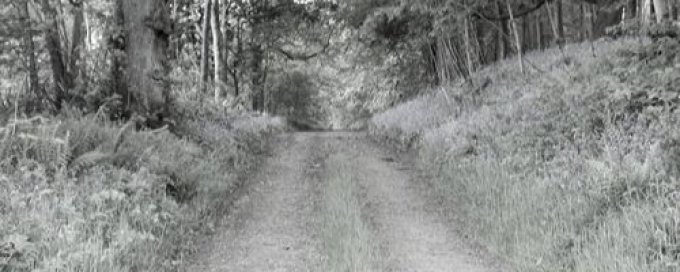Part 1 - Our Lost Treasure / Chapter 2 - Spiritual Gold

Prayer without words is not new. It is older than Christianity itself and was a rich part of the Christian tradition up to medieval times. It is only in our own lifetime that we have woken up to the fact that here in the West for 600 or so years the treasure of pure, silent prayer has been almost completely forgotten and abandoned, even in religious communities.
The Benedictine monk John Main was one of the first people to make us aware of our loss. Working for the Colonial Service in India, he had discovered the Eastern form of silent meditation and brought it back to Europe and America.
At about the same time young people in their thousands were taking themselves off to the East in search of deeper religious experience. And that caught the public imagination. They learned how to sit still until their minds became quiet, and they discovered a new way of seeing. They were seeing with the eye of the heart, which put them in touch with their deeper selves.
Returning home, some began to explore their own traditions for similar teaching. And in the Christian West they had not far to look. They discovered that much of what they found in Eastern religions was also to be found in Christianity, but no one had told them. Here was a wealth of learning about the power of stillness and silence to lead us to the depths of our own being, where we find God.
Alan Watts, who wrote many wonderful books about Buddhism, said that most of what he found in the East he could have found in the West if only someone had pointed him in the right direction. ‘Until I had studied the religions of the East for some years,’ he wrote, ‘the teaching of Christ and the symbols of Christianity had no real meaning for me. But I do not mean to suggest that a study of Oriental faiths is essential for an understanding of Christianity.’ His understanding, he believed, would have been much the same had he read people like Eckhart or Augustine of Hippo.
The kind of spirituality he embraced in the East was available in the great mystics of the West but it had not been made available to ordinary people, he said. ‘They do not and cannot be expected to know that the Church has in its possession under lock and key, or maybe the sheer weight of persons sitting on the lid, the purest gold of mystical religion.’
Many others have echoed what Alan Watts said. The Jesuit William Johnson, whose books have helped to bridge the gap between Eastern and Western religions, met opposition from some readers who asked, ‘Why go to the East? It is all in Augustine.’ And the monk Thomas Merton believes it was his own ‘Augustinian bent’ that made him receptive to the spiritual wisdom of the East.
It was views such as these that set me looking for what Augustine had to say about finding God in silence and I have been on a treasure hunt ever since. This book is a result of that search.
An extract from Finding Your Hidden Treasure
© 2010 Benignus O’Rourke OSA
Published by Darton, Longman and Todd Ltd
© Photo: Ian Wilson OSA
Get the book: www.theaugustinians.org
Thank you! 27 people prayed
Let your speech always be gracious, seasoned with salt, so that you may know how you ought to answer everyone. Col 4:6